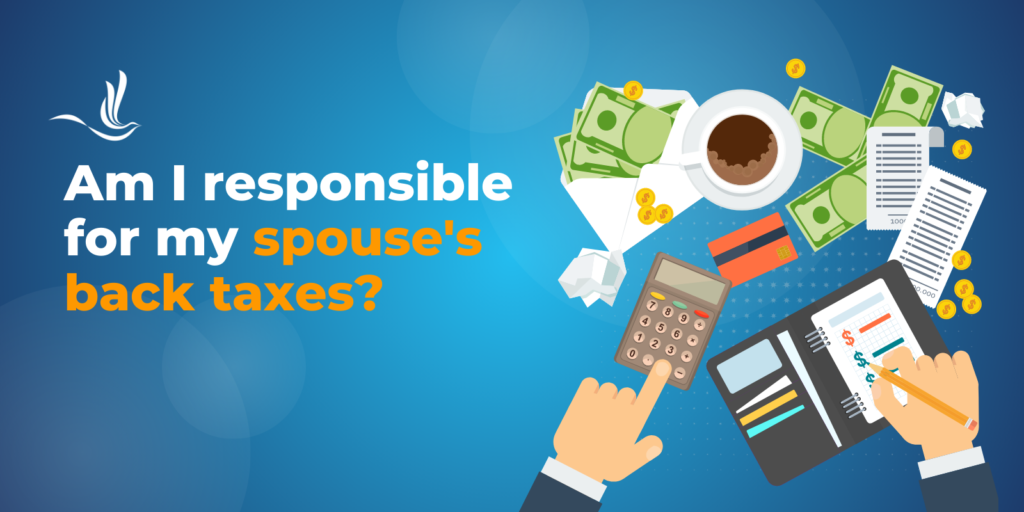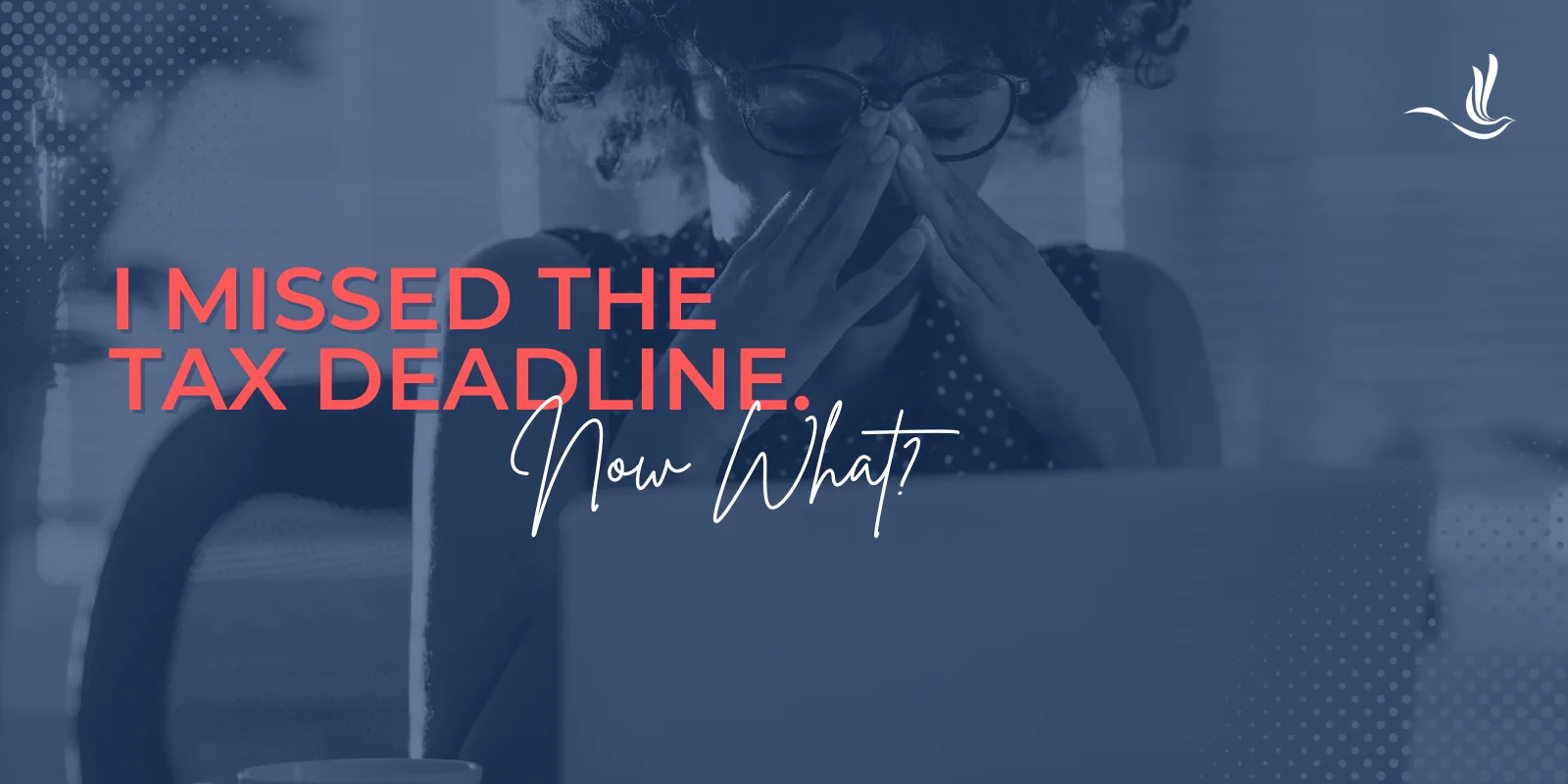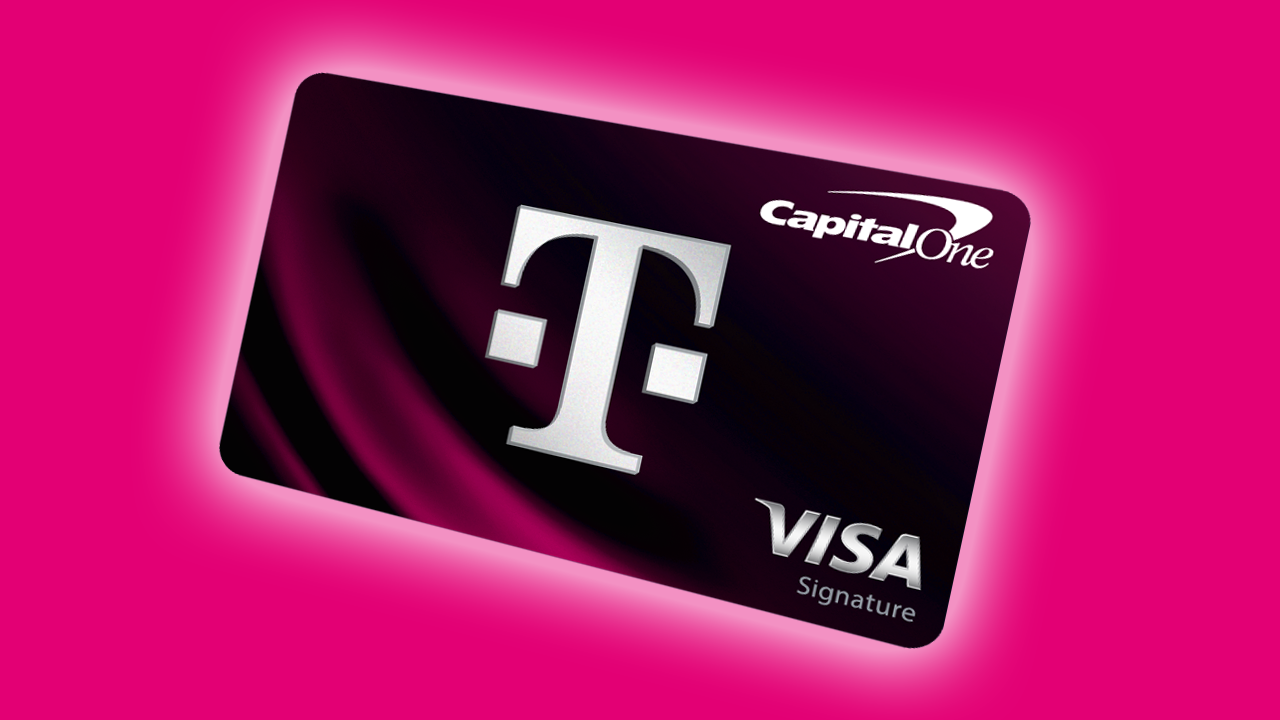The Department for Work and Pensions (DWP) oversees benefits and pensions in the UK. As part of their oversight and to check if the correct amount of funds are being sent to individuals and prevent fraud, the DWP can and do run checks on bank accounts. While this process worries some, understanding the reasons behind these checks and how they are carried out is important for all those in receipt of payments. In this blog post, we’ll look into the detail of DWP checks on bank accounts and highlight what you need to know.
A new measure set to be introduced is for DWP to gain access to information on a claimant’s bank accounts. “Third Party Data Gathering” and would mean DWP investigators can see whether benefit claimants are misleading them about money they have, such as savings which could make them ineligible to claim. The current cut off benefits payments I £16,000 in benefits.
The main reason DWP check bank accounts is check information provided by claimants and those receiving benefits payments. This process helps ensure that people are receiving the correct amount of benefits based on their financial circumstances.
DWP says it will monitor accounts from the UK’s top 15 banks which covers 97% of benefit claimant’s bank accounts and includes the Bank of Scotland, Barclays, Halifax, HSBC, NatWest, Santander and TSB.
Suits Me is not included in the above list and many of our customers use our accounts for benefits payments.
Types of DWP Bank Account Checks
The DWP has a number of methods to check bank accounts:
Automated Data Matching:
Automated data matching cross-references information provided by claimants with data sourced from financial institutions and other government agencies. This process helps to identify any discrepancies or inconsistencies in information you have provided.
Random Audits:
The DWP may also conduct random audits of bank accounts to ensure compliance and detect fraudulent claims.
Tip-offs and Whistleblower Reports:
The DWP may receive tip-offs or whistleblower reports alleging fraud related to benefits payments. In these cases, they may start investigations and conduct checks on the bank accounts of individuals implicated in these reports.
What Information Can the DWP Access?
Under UK law, the DWP has the authority to access certain information from individuals’ bank accounts for the purpose of administering welfare benefits and conducting investigations. However, this access is subject to strict legal and procedural safeguards to protect individuals’ privacy and ensure compliance with data protection laws.
The information that the DWP can access from bank accounts typically includes transaction records, account balances, and other relevant financial data necessary to assess individuals’ eligibility for benefits and verify their declared income and assets.
Your Rights and Responsibilities
As a recipient of benefits payments or a claimant under investigation by the DWP, it’s essential to understand your rights and responsibilities regarding bank account checks. Here are some key points to keep in mind:
Disclosure of Information:
You must provide accurate and up-to-date information to the DWP about your financial circumstances, including details of your bank accounts. Failure to disclose relevant information may result in penalties or sanctions.
Data Protection:
Strict data protection laws, including the General Data Protection Regulation (GDPR), bind the DWP in collecting, processing, and storing personal data. You have the right to request access to any personal information held by the DWP and to request corrections or deletions if necessary.
Cooperation with Investigations:
If the DWP investigates your bank account, cooperate fully with any information or documentation requests. Refusing to cooperate or providing false information may have serious consequences, including the suspension or termination of welfare benefits.
Conclusion
DWP checks on bank accounts are a necessary aspect of administering welfare benefits and safeguarding against fraudulent activity.
The House of Lords is considering a new bill that requires banks to monitor their customers who receive benefits. Banks must report to the DWP if an account exceeds the £16,000 capital limit. They must also report if a customer uses an account abroad for more than four weeks.
By understanding the reasons behind these checks and your rights you can navigate the process with confidence. Remember, compliance with DWP regulations is essential for maintaining eligibility for benefits and avoiding penalties.
Publisher: Source link











